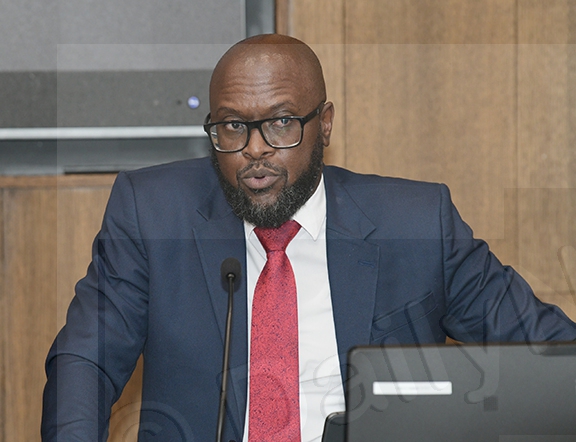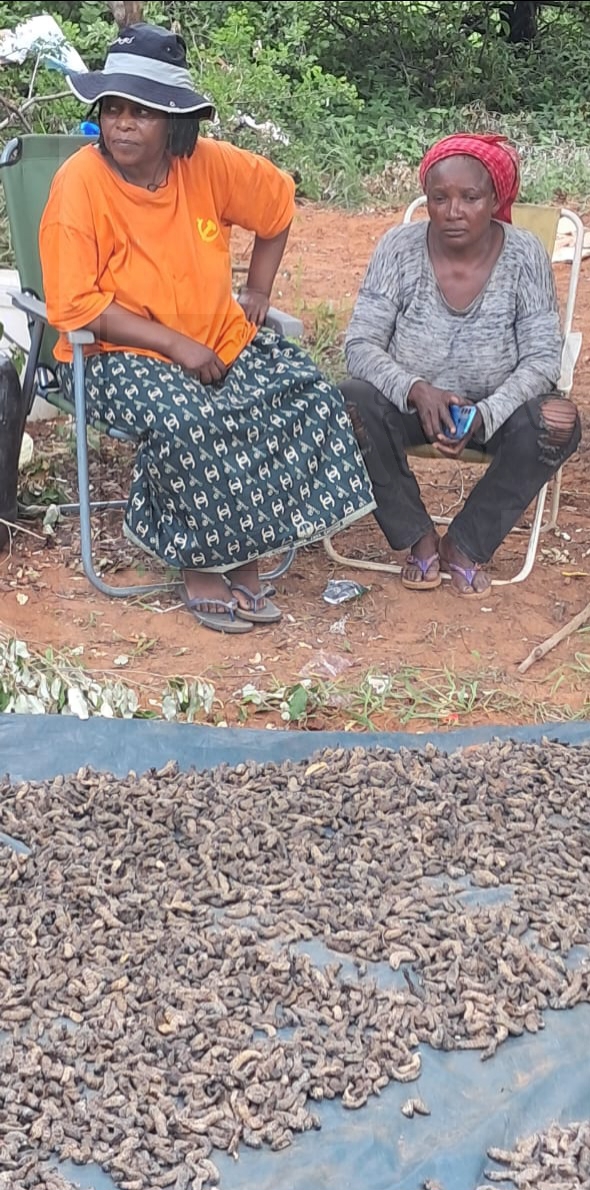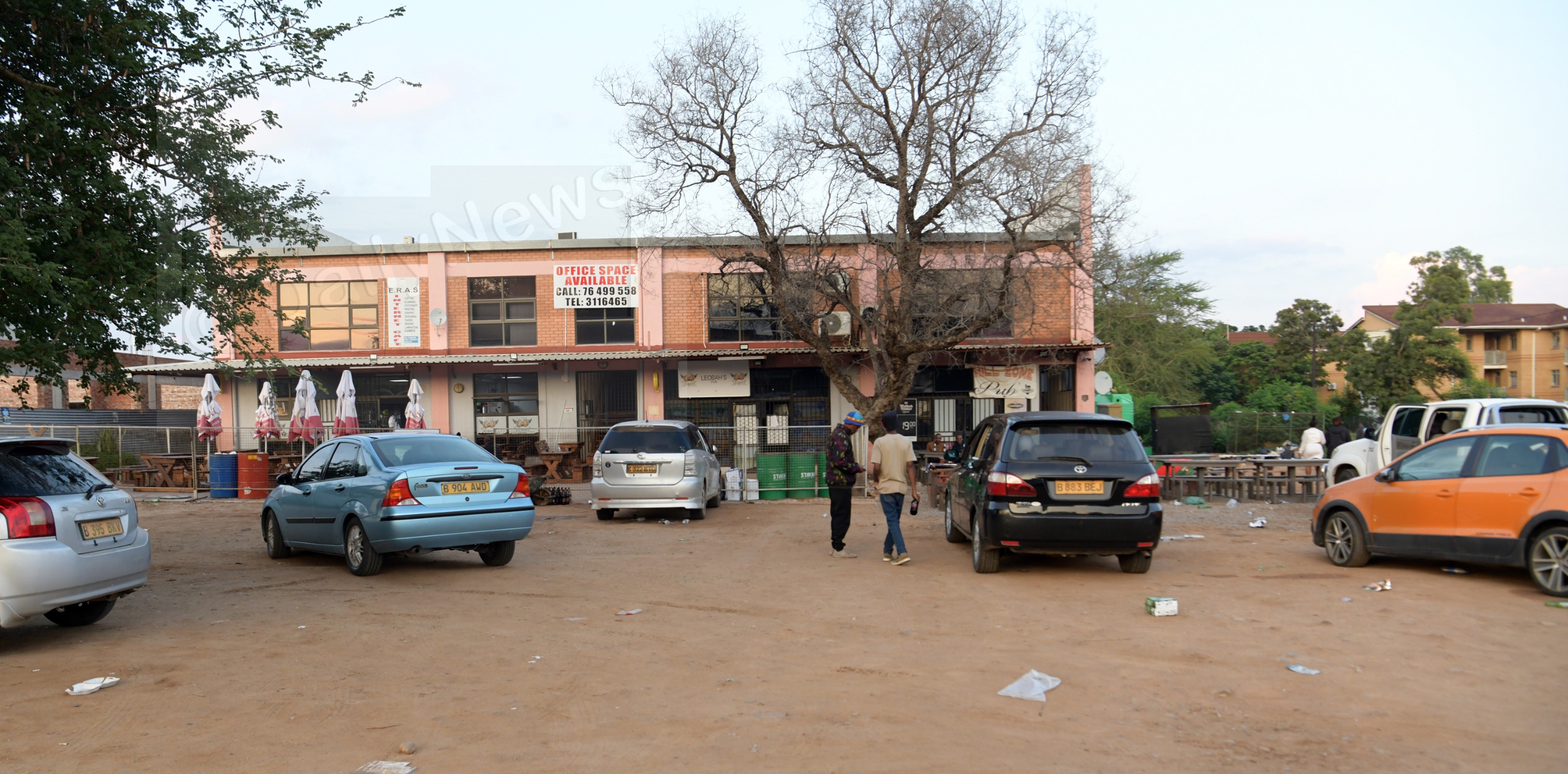Opportunities abound in Apiculture sector- official
22 May 2024
Time has come to explore ways in which bee keeping industry and government can work together to build a strong foundation for sustainable well-functioning apiculture sector, Ministry of Agriculture’s deputy permanent secretary, Mr Ghulam Kibria has said.
Officially opening regional Apiculture Symposium in Selebi Phikwe on Tuesday, Mr Kibria who is responsible for Aquaculture and Apiculture said the country produced only 13 per cent of the national demand for honey with deficit met through importation.
Noting that the honey industry had a great potential that could be leveraged, Mr Kibria said the sector remained untapped as most bee keepers in the rural areas used outdated production techniques.
He said the country imported 255 metric tonnes of honey amounting to P16m in 2022-2023, adding that most imports were from South Africa as well as India and Zambia.
Mr Kibria explained that to accelerate honey production in the country, the agriculture ministry supported by Food and Agriculture Organisation (FAO) had developed a five-year strategy aimed at creating an enabling environment for transforming the apiculture sub-sector into a viable and competitive industry.
“It is the desire of government to create jobs in the apiculture sector through increased production, productivity, competitiveness, and sales of bee products,” he said.
Furthermore, he said the SPEDU region had a state-of-the-art horticultural project covering 800 hectares of citrus trees, which were in need of pollination.
He therefore encouraged bee keepers to make use of such opportunities.
Mr Kibria thanked the Centre for Coordination of Agricultural Research and Development for Southern Africa (CCARDESA) for continuous support of the government and for sponsoring the Apiculture symposium.
The CCARDESA was formed by SADC member states to facilitate cooperation of SADC member states on issues dealing with Agriculture Research and Development.
“One of our mandate is to facilitate different stakeholders within the agriculture sector across our countries, to work together and learn from each other, said CCARDESA regional programme coordinator, Dr Baitse Podisi.
He said bees were important because they helped reduce the impact of climate change by removing gases contributing to the warming of the environment and helping to preserve the ecosystem.
Dr Podisi added that it was important to continue exploring mechanisms to promote the growing of trees to reverse the scourge of land degradation.
CCARDESA, he said had in the past embarked on capacity building interventions particularly where it helped farmers associations particularly targeting women and youth and capacitate them on skills to run bee keeping businesses.
Recently in revamping of its strategy CCARDESA prioritised some of the sectors that were under represented in its interventions, which included aquaculture, livestock, forestry and fisheries.
“The main challenge we are facing is limited resources,” said Dr Podisi.
He said it was important that as Botswana formulated strategies, it considered the impact of some of the chemicals used to control pests and diseases because they had a direct impact on bees.
“We should come up with bee friendly approaches as well as using nature based approaches to make sure that whatever we use does not harm other organisms within the production systems,” he said.
He informed the gathering that the organisation continued to work with different countries and stakeholders to approach various donors and partners to avail resources to support the work it was doing in the region.
For his part Selebi Phikwe deputy mayor, Mr Molefe Molatlhegi said bee keeping was a sustainable business venture that could create employment and make a significant contribution to the economy.
He said the SPEDU region was endowed with various water sources suitable for ventures such as bee keeping and fishing.
He urged the communities in the SPEDU region to take advantage of the available resources in their area to transform the economy of the area from mining and venture in agriculture. ends
Source : BOPA
Author : Kgotsofalang Botsang
Location : SELIBE PHIKWE
Event : Apiculture Symposium
Date : 22 May 2024





